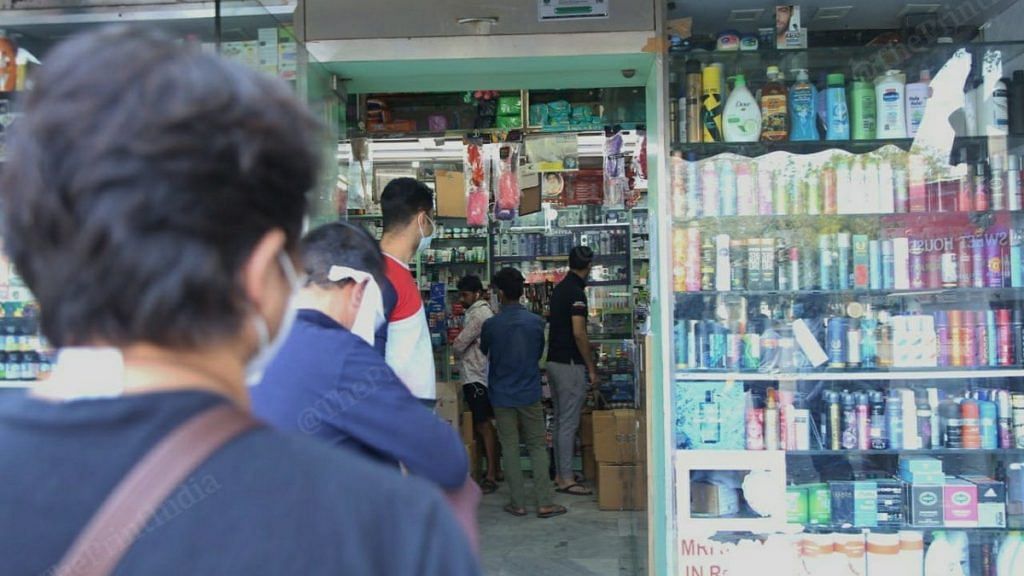New Delhi: The Narendra Modi government Thursday moved anti-malaria drug hydroxychloroquine under a stricter law, to prevent its hoarding and unnecessary consumption, at a time when it is being recommended by some as a preventive measure for Covid-19.
This is the drug that US President Donald Trump had called a “game changer” in the fight against the novel coronavirus, even though clinical trials to show its efficacy on a larger scale are still underway.
The Modi government had, on 22 March, released an advisory, recommending that healthcare workers and high-risk individuals can use hydroxychloroquine to prevent Covid-19.
Now, the government has moved the drug to another, stricter ‘schedule’ of the laws, so that pharmacists and chemists need to keep track of whom they sell it to, if people want to hoard it under the assumption that it works against Covid-19.
Also read: Use hydroxychloroquine with caution: ICMR warns amid confusion over use of drug for Covid-19
Difference between the schedules
Hydroxychloroquine is a derivative of anti-malarial drug chloroquine, which is sold over the counter without a prescription. However, chloroquine is known to cause more side-effects than hydroxychloroquine. For instance, an overdose of chloroquine can cause acute poisoning and death.
Until now, hydroxychloroquine was under ‘Schedule H’ of the Drugs and Cosmetics Rules, 1945 — the law which regulates the import, manufacture and distribution of drugs. It has now been moved to Schedule H1.
Under both schedules, the drug can be sold on prescription only. However, moving to a stricter schedule means that chemists will have to keep a record of the prescription for every purchase of hydroxychloroquine.
“The central government is satisfied that the drug ‘hydroxychloroquine’ is essential to meet the requirements of emergency arising due to pandemic Covid-19 and in the public interest, it is necessary and expedient to regulate and restrict the sale and distribution of the drug ‘hydroxychloroquine’ and preparation based thereon for preventing their misuse,” said the notification issued by the Union Health Ministry.
What chemists have to do under Schedule H1
In 2013, the government of India introduced Schedule H1, which contained certain third and fourth generation antibiotics, habit-forming drugs, and anti-TB drugs. For instance, the popular antibiotics Cefadroxil, Ciprofloxacin and Clarithromycin fall under Schedule H1.
The schedule further tightened the supply of a drug, as the government said the sale of drug under Schedule H1 “shall be recorded in a separate register at the time of the supply giving the name and address of the prescriber, the name of the patient, the name of the drug and the quantity supplied and such records shall be maintained for three years and be open for inspection”.
It also requires that at the time of dispensing, the chemist must note on the prescription the date on which the prescription is dispensed and address of the seller.
Also read: India’s use of chloroquine to prevent Covid-19 based on data from Chinese studies
